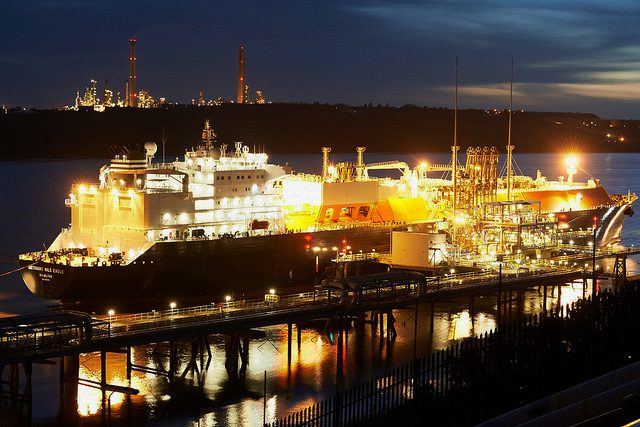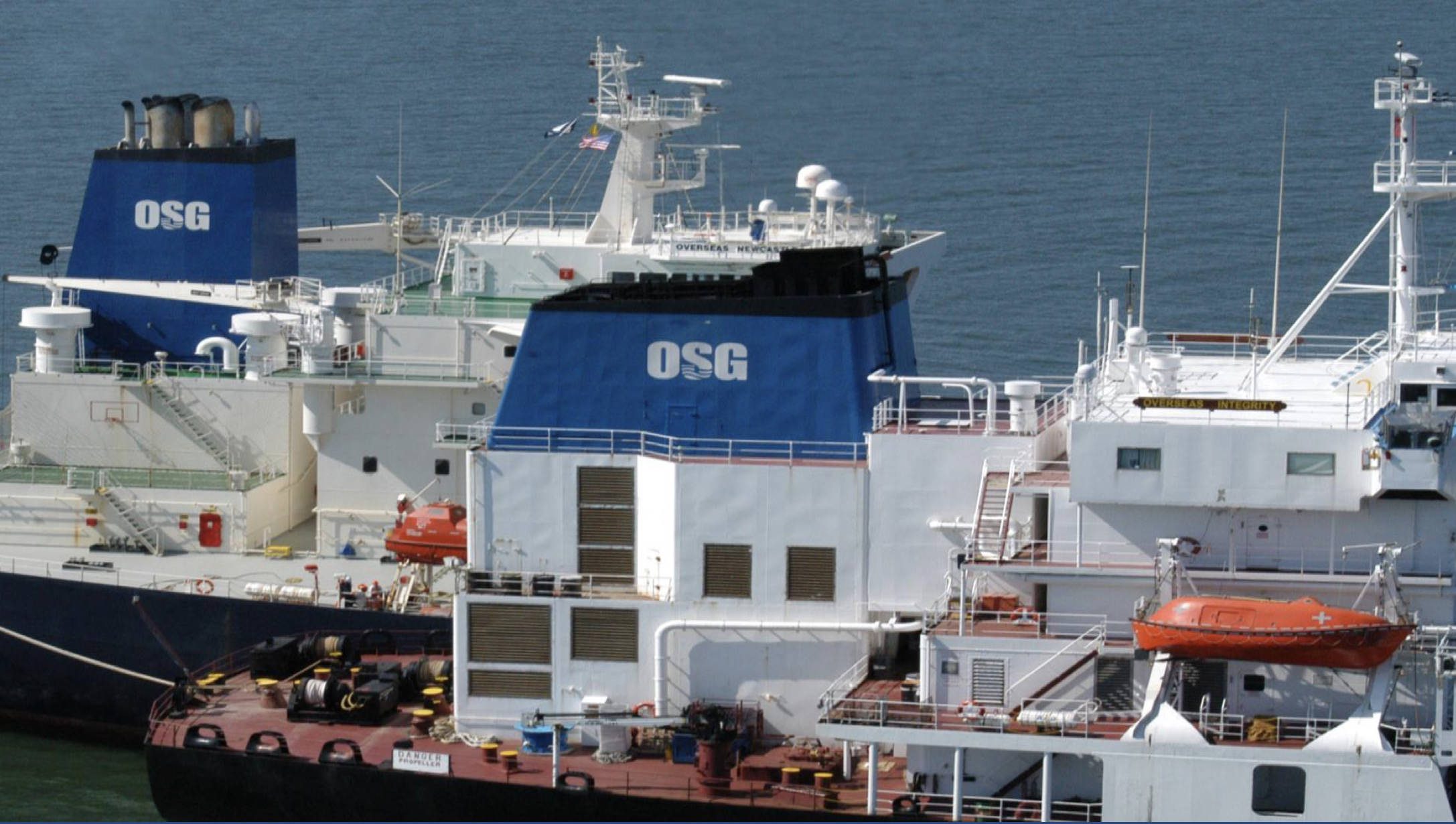LNG carrier Methane Nile Eagle, image (c) BG Group
Congressman John Garamendi (D-CA), Ranking Member of the House Transportation and Infrastructure’s Coast Guard and Maritime Transportation Subcommittee, introduced a new bill this week aimed at modernizing the laws that govern the shipping of Liquefied Natural Gas (LNG) on U.S. waterways.
Specifically, the bill aims to support the U.S. maritime industry by giving top-priority to the processing of export licenses for facilities that will utilize U.S.-flagged vessels.
Garamendi commented in a statement on his website:
“In order for businesses to grow, they must identify new opportunities and seize them. The export market for LNG, a strategic national asset, is ready to take off. At the same time, our nation’s maritime industry has been declining for years. Our nation must take the bull by the horns. When it is deemed appropriate to export LNG, it should be on American-flagged vessels.”
In a phone call with Congressman Garamendi this afternoon, he says this idea was developed about three months ago and has since “moved forward quickly” with significant interest shown by some of the top energy majors and especially U.S. mariners and shipyards.
The idea isn’t focused exclusively on the export of LNG overseas however, Jones Act-compliant shipping is where this plan will likely initially gain traction.
Considering there is currently very little U.S. domestic expertise in LNG shipbuilding, Garamendi envisions the expansion of current partnerships between South Korean and/or Japanese shipbuilders and U.S. yards to gain inital expertise in this field while building smaller coast-wise LNG carriers.
Once the shipbuilding and operational expertise is extablished, larger newbuild projects for vessels trading internationally would likely follow.
Besides the economic benefits, Garamendi notes that safety is also a significant driver, one that was key to the introduction of predecessor to this bill – the Coast Guard and Maritime Transportation Act of 2006.
Having credentialed and experienced U.S. mariners on board these vessels will help mitigate the risk posed by LNG shipping while calling on U.S. ports. “If the vessel were to breach, it would be virtually impossible to stop and as it boils off,” says Garamendi. Depending on the weather conditions, this spreading mass of flammable gas could spread quite far from the vessel before finding an ignition source.
For many of the potential stakeholders that Congressman Garamendi has had discussions with over the past few months, the idea has been met with enthusiasm, but all seem to recognize the fact that energy majors will be the ones who ultimately need to support and implement this concept. In a meeting yesterday with one such energy company, he notes that things are still early in the process, however future discussions are most definitely being put on the schedule.
The bill is titled, “‘Growing American Shipping Act of 2014’’ and linked HERE.
Unlock Exclusive Insights Today!
Join the gCaptain Club for curated content, insider opinions, and vibrant community discussions.

 Join The Club
Join The Club







![A screengrab of a map showing an earthquake Mindanao, Philippines on Dec 2, 2023. (Image: US Geological Survey [USGS])](https://gcaptain.com/wp-content/uploads/2023/12/Screenshot-2023-12-02-at-10.45.17-AM-copy.png.webp)





